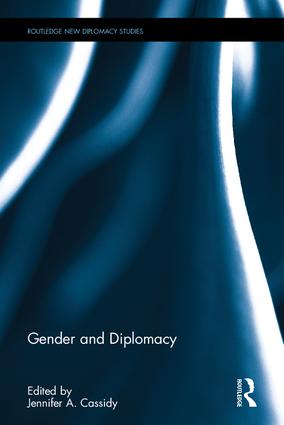ABSTRACT
Diplomacy is as old as human society and, as with other arenas of public and political life, gender has shaped the roles which men and women have played within it. For a long time, the history of diplomacy was a story of great men – of kings, generals, envoys, and traders. More recently, however, historians have turned their attention to the place of women in this story and have begun to reconstruct the agency they exercised: as queens with political power in their own right; as consorts, wives, and mistresses with influence over high-ranking men; as explorers, writers, experts, and activists who advised or lobbied governments on matters of foreign policy; and finally as professional diplomats representing their nations. This latter development – the appointment of women to formal diplomatic posts – took place in the twentieth century and forms part of a larger, and unfinished, story of women’s political emancipation and their public and professional advance in modern times. However, it is impossible to make sense of this more recent history, or of the opportunities and challenges that women encounter in the international political arena in the twenty-first century, without looking back at the longue durée of early-modern and modern diplomacy (Sluga and James 2015: 1–12). As this chapter reveals, this is a story of continuity as well as change in the forms of agency that women were able to exercise in foreign policy decision-making processes and debates, set against a shifting backdrop of beliefs about sexual difference and its relevance in international politics. The chapter argues that recovering women’s agency is not just important for understanding the gendered nature of diplomacy as a profession and political practice, but is valuable for illuminating the locus of power and the shifting contours of political sovereignty and statecraft over time.


